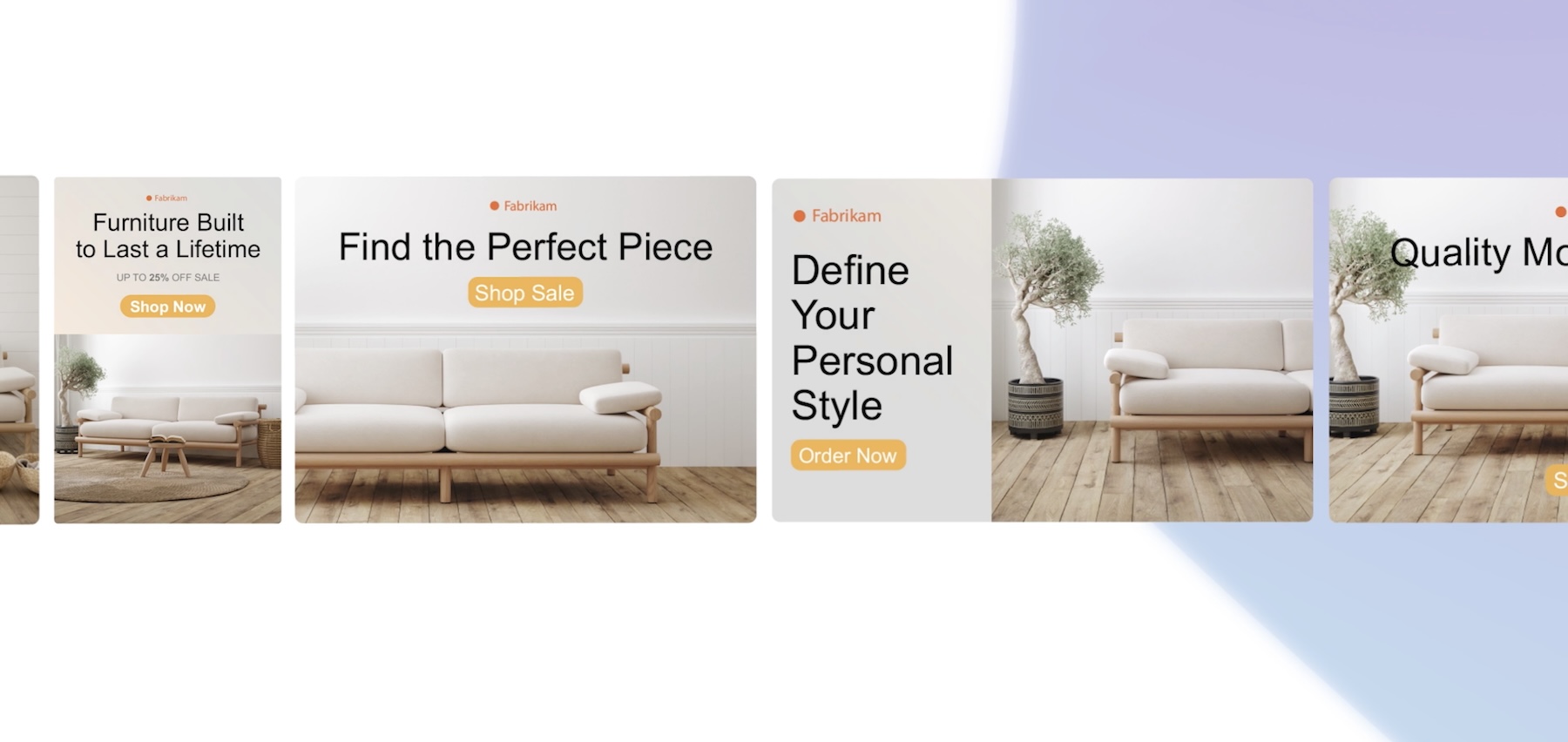Google and Microsoft introduce generative AI services for e-commerce

Google and Microsoft launch generative AI services for e-commerce. They aim to improve the shopping experience for customers and reduce the workload for smaller businesses.
Ahead of NRF 2024, a major event for the retail industry, Google Cloud has announced a set of new AI tools for retail. These tools are designed to improve the online shopping experience for shoppers and make life easier for retailers.
One of the key products is a generative AI-powered chatbot that can be integrated into websites and mobile applications.
The chatbot acts as a virtual sales agent and can make personalized product recommendations based on shoppers' preferences, such as desired color or budget. According to Google, the Vertex AI platform makes it possible to implement such a feature in weeks instead of months.
Google's new AI tools also include capabilities to improve customer service systems and speed up product cataloging processes. A large language model feature to improve the quality of product searches will be available later this year.
While Google's AI models lag OpenAI in both technology and distribution, even with the introduction of the new Gemini language model family, the search company plays an outsized role in online commerce through its AdSense advertising network and product search.
Microsoft brings generative AI to ad campaigns
Microsoft is updating its retail media tool with Creative Studio. The feature is designed to quickly generate ads in multiple formats from a single product URL, with the AI considering the company's style preferences.
As with tools like ChatGPT, the result can be customized with additional prompts, such as highlighting different words and phrases or changing backgrounds.

Microsoft is targeting this service at smaller businesses that may not have the resources to run effective banner campaigns using manual approaches.
A car dealership chatbot powered by ChatGPT recently showed that chatbots are not always a good idea for customer service, especially if they are not programmed correctly, by promising a potential customer a new car for just one US dollar.
AI News Without the Hype – Curated by Humans
As a THE DECODER subscriber, you get ad-free reading, our weekly AI newsletter, the exclusive "AI Radar" Frontier Report 6× per year, access to comments, and our complete archive.
Subscribe nowAI news without the hype
Curated by humans.
- Over 20 percent launch discount.
- Read without distractions – no Google ads.
- Access to comments and community discussions.
- Weekly AI newsletter.
- 6 times a year: “AI Radar” – deep dives on key AI topics.
- Up to 25 % off on KI Pro online events.
- Access to our full ten-year archive.
- Get the latest AI news from The Decoder.